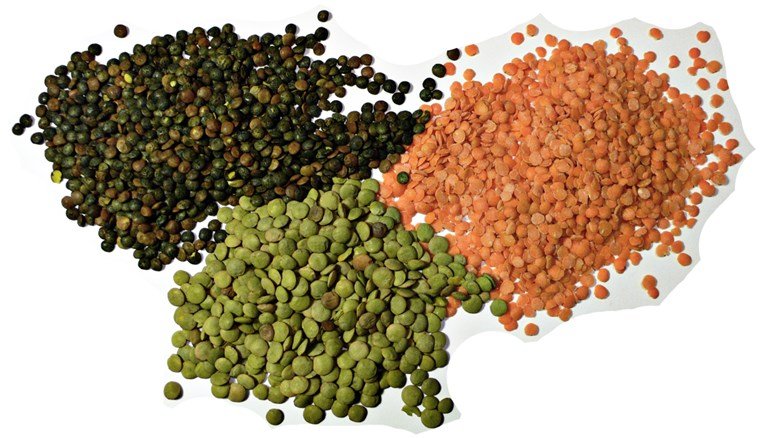Veggie spreads are becoming increasingly popular. Stiftung Warentest tested 25 plant-based spreads of the four best-selling flavors: tomato, paprika, lentils and mushrooms – and discovered something surprising. All spreads in the test are vegan. Eight veggie spreads have a very good taste. But three products were highly contaminated with nickel or lead. After all, the overall rating was good 16 times.
There are more than 300 varieties of veggie spreads
The range of spreads on offer has never been as great as it is today. The sales of veggie spreads have doubled within three years. If you want to do without animal food and still love it hearty, you can now choose between around 340 different spicy spreads. You can find them in supermarkets and organic shops as well as in discount stores.
Inexpensive spreadable creams also do well in the test
Since there is no prescribed recipe for veggie spreads, some of the test results were surprising. For example, that the 25 spreads we tested were all vegan. The price range was between 81 cents and 1.87 euros per 100 grams. The test winner was one of the most expensive veggie spreads – but inexpensive spreads also did well.
This is what the test of vegetarian spreads offers
Test results. The table shows ratings from Stiftung Warentest for 25 veggie spreads in four flavors. From Allos to Zwergenwiese, from Aldi to Rossmann: All spreads in the test are vegan organic products (prices: 0.81 to 1.87 euros per 100 grams). We tested the spreads for smell, taste, nutritional quality and pollutants, among other things.
Tips and background. We tell you what you should look for when buying plant-based spreads, what defines the quality of a spread, why the lentil spreads are particularly impressive and what veggie spreads can be used for.
Interview. Test manager Birgit Rehlender explains why there is still room for improvement in the veggie spreads – and draws a personal balance sheet after 32 years of food testing.
Booklet. If you activate the topic, you will have access to the PDF for the test report from test 6/2020.
Three spreads contain harmful substances
The testers rated positively that none of the tested products contained pesticides. No flavors were added to the spreads and hardly any additives. But two organic spreads were highly contaminated with nickel and one product with lead.
Fatter than sausage spread
Interesting for those who use vegetable spreads as a substitute for sausage from time to time: Veggie spreads are not necessarily healthier. A few are even fatter and more energetic than the average sausage spread. Most manufacturers rely on sunflower oil. Only two products contained higher quality oil: one used extra virgin olive oil and another rapeseed oil. Less good: One recipe was with palm fat; it contains mostly saturated fat – too much of it increases the risk of heart disease.
Few vegetables in some vegetable spreads
Consumers should know that veggie spreads are not just vegetable meals. That is why we have listed the four main ingredients according to their proportions in our tables. Even if “sun-ripened” tomatoes are advertised on the label, the tomato content was only four percent in one spread. The other flavors also had surprisingly low proportions of vegetables. The named vegetables and illustrated vegetables only appeared in fourth position in the list of ingredients for some products. Our advice: Always take a look at the list of ingredients and nutritional values for veggie spreads!
Tip: How to make spreads, canned food and drinks yourself is shown in our guide Simply make it yourself! On 208 pages we present 44 healthy and delicious culinary projects, with step-by-step instructions that even beginners can understand (15.00 euros / e-book: 11.99 euros).
